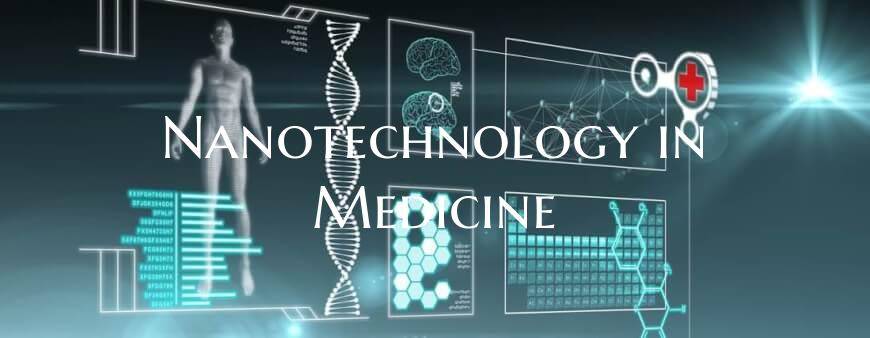Nanotechnology in Medicine
Nanotechnology, the science of manipulating matter at the nanoscale level, has rapidly emerged as a promising field for revolutionizing various industries, including medicine. Its application in medicine, known as nanomedicine, holds great potential in transforming the way we diagnose, treat, and prevent diseases. By harnessing the unique properties of nanomaterials, such as their small size, high surface area-to-volume ratio, and tunable physicochemical characteristics, researchers are developing novel strategies to overcome existing challenges in healthcare.
One of the key areas where nanotechnology is making a significant impact is in targeted drug delivery. Traditional drug delivery systems, while effective, often suffer from non-specific distribution and off-target effects, leading to reduced efficacy and potential side effects. Nanoparticles can be functionalized with specific targeting ligands that allow them to selectively deliver drugs to diseased cells or tissues, minimizing damage to healthy cells. This targeted approach not only enhances therapeutic outcomes but also reduces the required drug dosage, thereby lowering the risk of toxicity.
Moreover, nanotechnology is facilitating advancements in diagnostics through the development of sensitive and specific nanosensors. These nanosensors can detect biomarkers of diseases at earlier stages, enabling timely intervention and personalized treatment strategies. Additionally, nanotechnology-based imaging techniques, such as nanoscale contrast agents for MRI or fluorescence imaging, provide enhanced resolution and sensitivity for accurate disease visualization.
Furthermore, nanotechnology is enabling the creation of innovative therapeutics, such as nanobased vaccines and gene therapies. Nanoparticles can serve as carriers for antigens or nucleic acids, protecting them from degradation and facilitating their delivery to target cells. This opens up new possibilities for designing vaccines with improved efficacy and developing gene therapies for genetic disorders or cancer.
However, along with the immense potential of nanotechnology in medicine, there are also challenges and considerations that need to be addressed. These include ensuring the safety of nanomaterials, understanding their long-term effects in the body, and optimizing their scalability and cost-effectiveness for clinical translation.
In conclusion, nanotechnology is poised to revolutionize the field of medicine by offering innovative solutions for drug delivery, diagnostics, imaging, and therapeutics. As research in nanomedicine progresses, the integration of nanotechnology with traditional medical practices is likely to pave the way for more precise, efficient, and personalized healthcare solutions.

